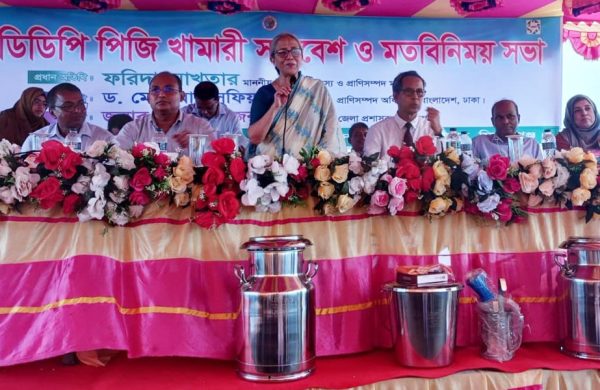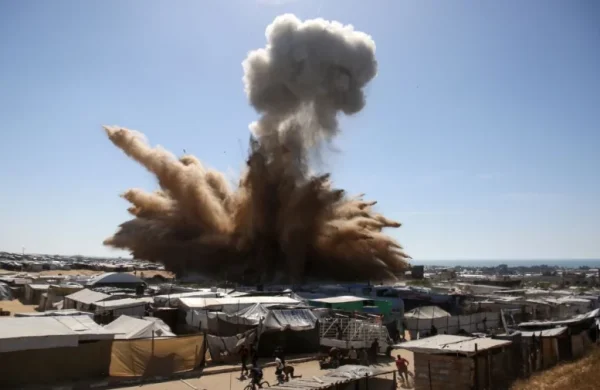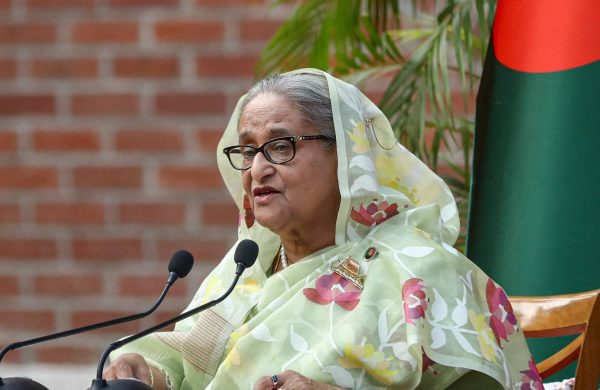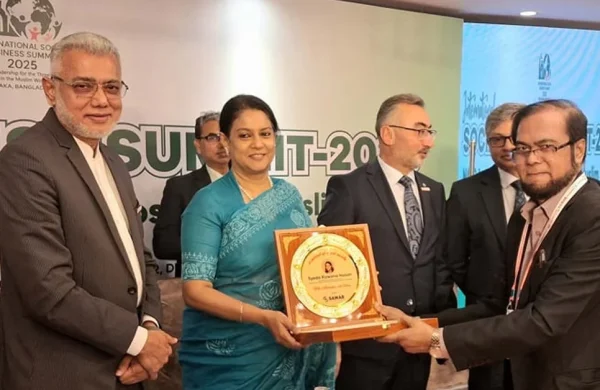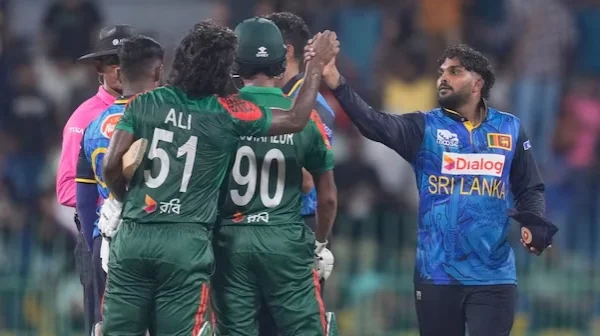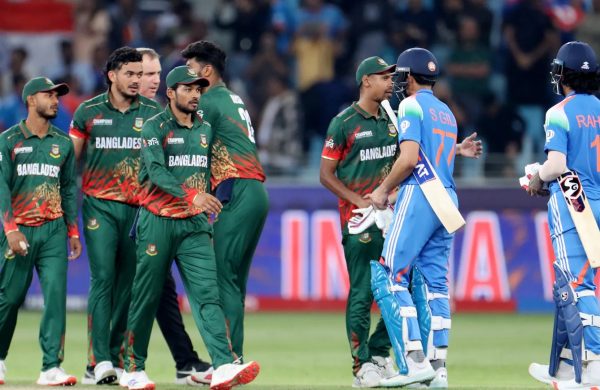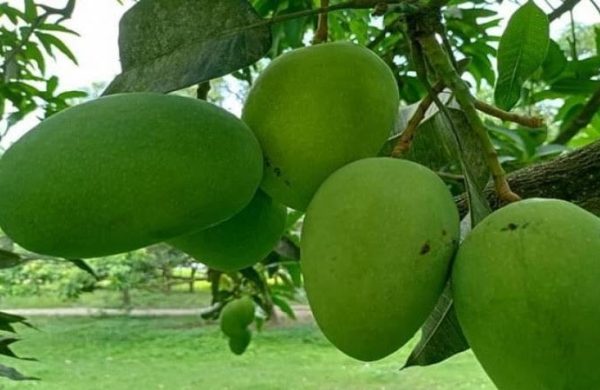No clarity yet on smart driving licence cards
- Update Time : Saturday, November 23, 2024
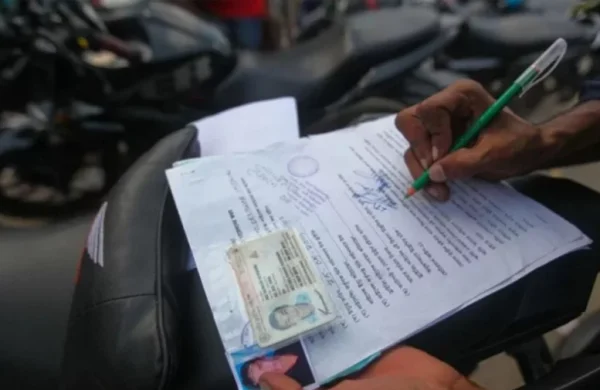
For applicants, the prolonged wait creates a host of challenge
TDS Desk
A prolonged dispute between the Bangladesh Road Transport Authority (BRTA) and its contracted supplier, Indian-based Madras Security Printers (MSP), is exacerbating the wait times for applicants seeking smart driving licence cards.
The backlog of applications for these essential cards has now reached 610,000, with no guarantee as to when applicants will receive their cards.
As per BRTA records, MSP is required to deliver 4 million smart cards by July 2026 under the terms of their Tk1.2 billion contract, signed in July 2020.
However, the supplier has reportedly delivered only half of this number so far.
Compounding the issue, MSP has yet to process approximately 600,000 applications.
BRTA officials indicate that MSP’s delays have significantly impacted their service delivery, while MSP contends that production is stalled due to unpaid bills by the BRTA.
Meanwhile, new applications continue to flood in, encompassing fresh applications, renewals, and amendments.
For applicants, the prolonged wait for smart driving licence cards creates a host of challenges.
Many report that their employment opportunities, both in government and private sectors, are hindered without a valid smart card.
MD Rayhan, a city bike driver who applied two years ago, expressed frustration over repeated encounters with traffic police unwilling to recognise temporary documentation, often leading to fines or penalties.
In an attempt to address these issues, the BRTA has introduced an e-paper driving licence system, offering applicants a temporary document with a QR code after they pass their driving tests.
According to BRTA’s Director of Audit and Law Mohammed Kamrul Islam, this system serves as an interim solution, allowing individuals to drive until they receive their smart cards.
“The supplier is still struggling to meet their commitments, so we introduced this system as an alternative,” he said.
Historically, BRTA has relied on various contractors for smart card issuance. Before MSP, local firm Tiger IT Bangladesh Limited, in collaboration with a French company, successfully fulfilled its agreement, providing approximately 1.5 million cards ahead of schedule due to high demand.
The ongoing crisis prompted the newly installed interim government to announce a shift in policy.
Taking office on August 8 after the ouster of the Awami League-led government, the administration declared an end to the smart card programme for driving licences, replacing it with standard Polyvinyl Chloride (PVC) cards.
The delays in smart card issuance reportedly date back to the tenure of former road, transport and bridges minister Obaidul Quader, who allegedly faced accusations of preferential contract awards.
The issue of alleged corruption within the BRTA also looms large.
Transparency International Bangladesh (TIB) reported in 2021 that 83.1% of households experienced some form of corruption when seeking a driving licence, with 83.7% relying on intermediaries or “brokers” to expedite services.
Moving forward, BRTA sources indicate that new applicants will receive PVC cards while older applicants must submit their previous cards.
However, there remains no clear timeline for when these will be issued.



